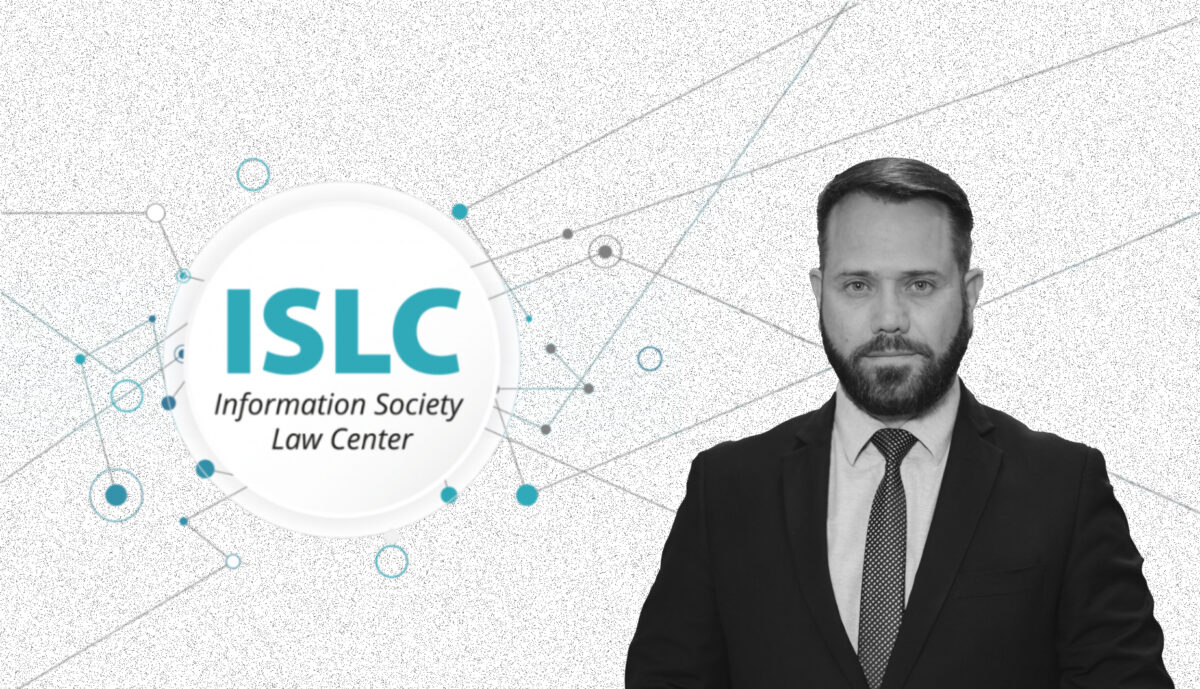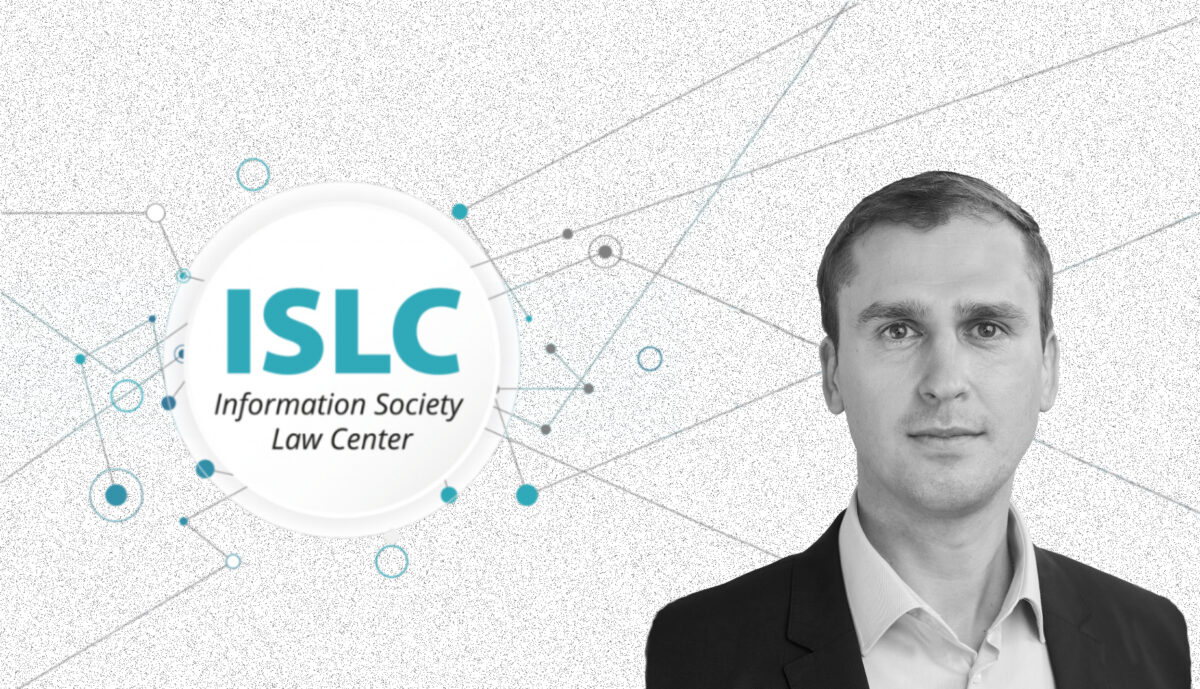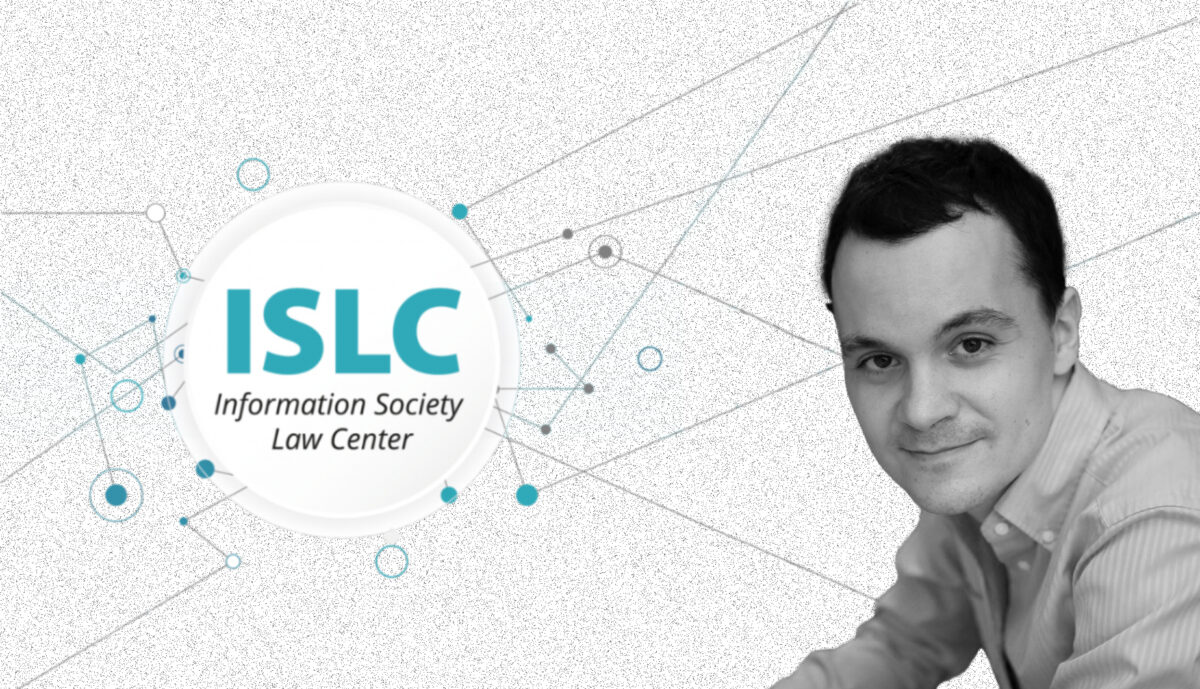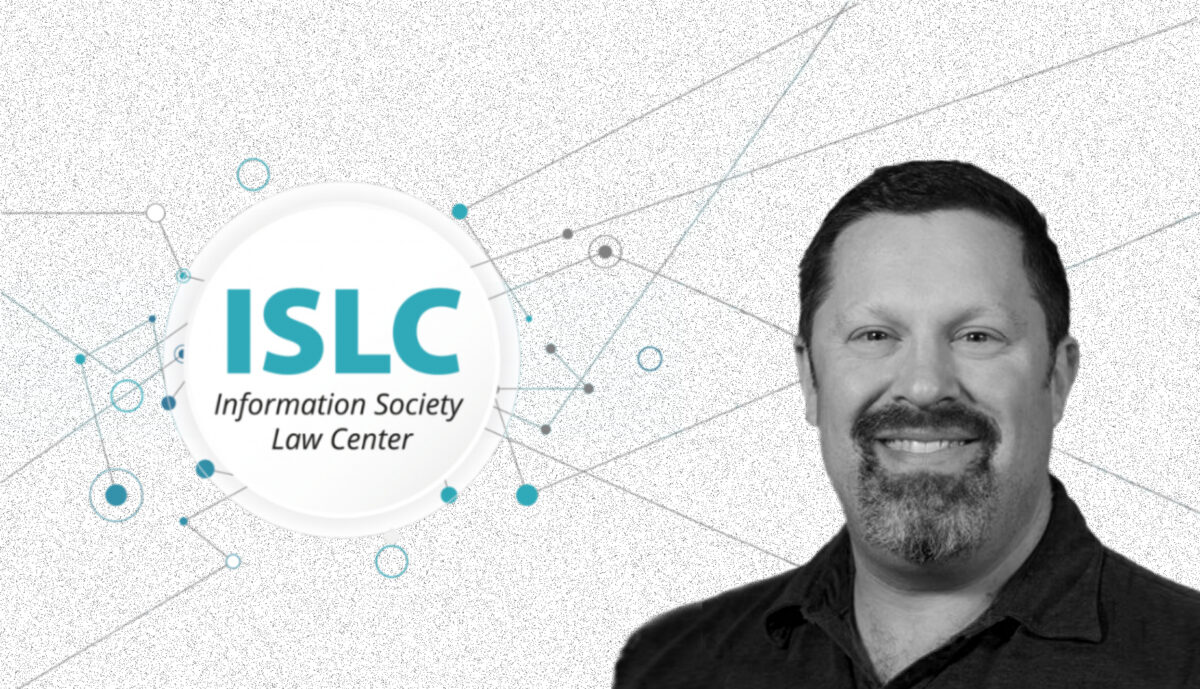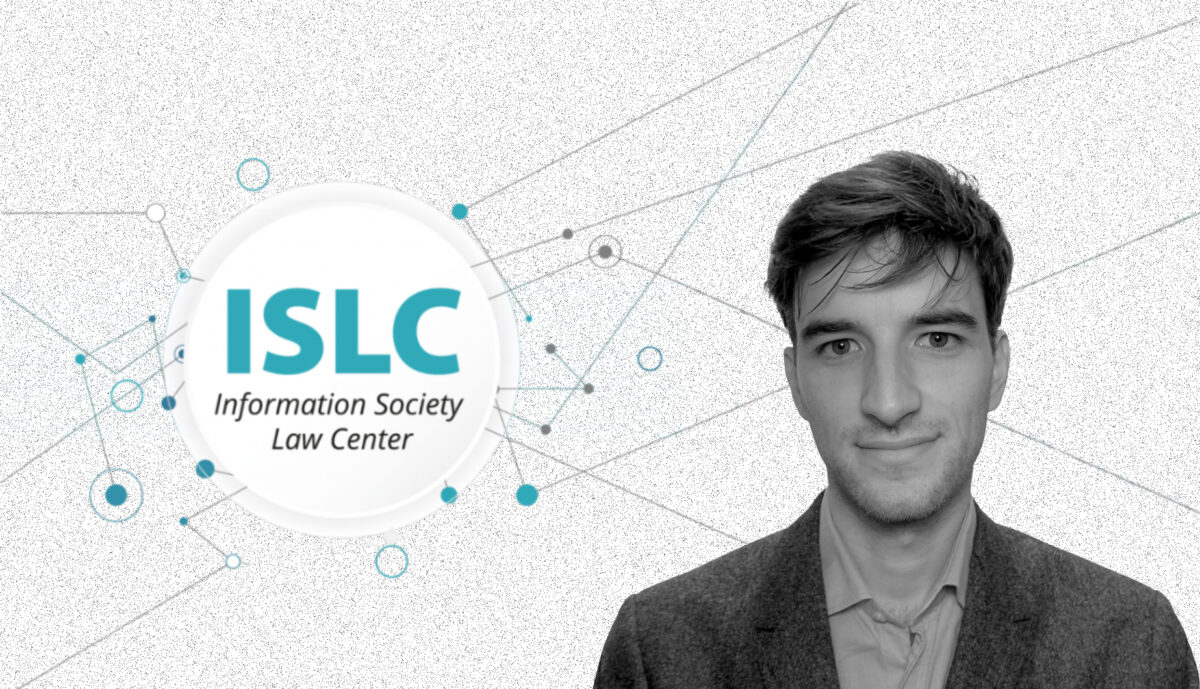Vinicius Mozetic is a distinguished legal professional with a diverse range of expertise in the field of law. He currently serves as a Lawyer and is a dedicated member of several prominent legal associations and committees in Brazil. His commitment to advancing the legal landscape in the digital age is evident through his active participation in various professional organizations.
Vinicius is a key member of the Technology and Innovation Coordination of the Brazilian Bar Association, showcasing his keen interest in the intersection of law and technology. He also contributes significantly to the Digital Law Committee of the Brazilian Bar Association’s Santa Catarina Section and the Digital Law and Digital Inclusion Committee of the Brazilian Bar Association’s 5th Subsection in Chapecó, Santa Catarina.
Internationally, Vinicius is a member of The Royal Society of Edinburgh Research Network SCOTLIN (Scottish Law and Innovation Network) and the Scientific Network of the International Observatory on Vulnerable People in Data Protection. His association with the ILA (International Law Association) Brazilian Branch further highlights his commitment to international legal matters.
Vinicius has made substantial contributions to legal education as a Visiting Professor at NOVA School of Law in Portugal. He is also an integral part of the Observatory for Personal Data Protection at NOVA School of Law.
Vinicius holds the position of Full Professor in the Master’s and Doctoral Program in Fundamental Rights at the University of Western Santa Catarina – UNOESC. His extensive academic journey includes a Post-Doctorate in Public Law from the University of Vale do Rio dos Sinos – UNISINOS-RS, a PhD in Public Law from UNISINOS-RS, and a PhD in Law from the Autonomous University of Barcelona (UAB). He earned his Master’s in Law with a focus on Public Policies for Social Inclusion from the University of Santa Cruz do Sul – UNISC.
Vinicius has pursued multiple postgraduate studies, including Constitutional Law, Superior School of Magistracy of the State of Santa Catarina – ESMESC, LLM in Data Protection: LGPD & GDPR, LLM in Digital Law, Cybersecurity, and Artificial Intelligence, as well as postgraduate degrees in Environmental Law and Environmental Management.
His notable career is complemented by a law degree from the University of Western Santa Catarina.
Vinicius is a prolific author, with numerous publications, including articles and book chapters, at both the national and international levels. His areas of expertise encompass International Law, Constitutional Law, Comparative Law, Digital Law, Personal Data Protection, and Artificial Intelligence.

